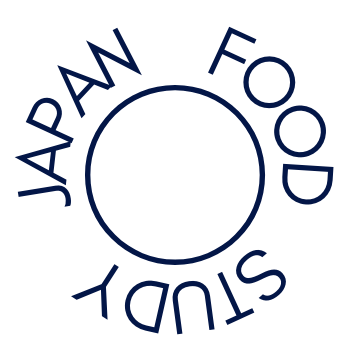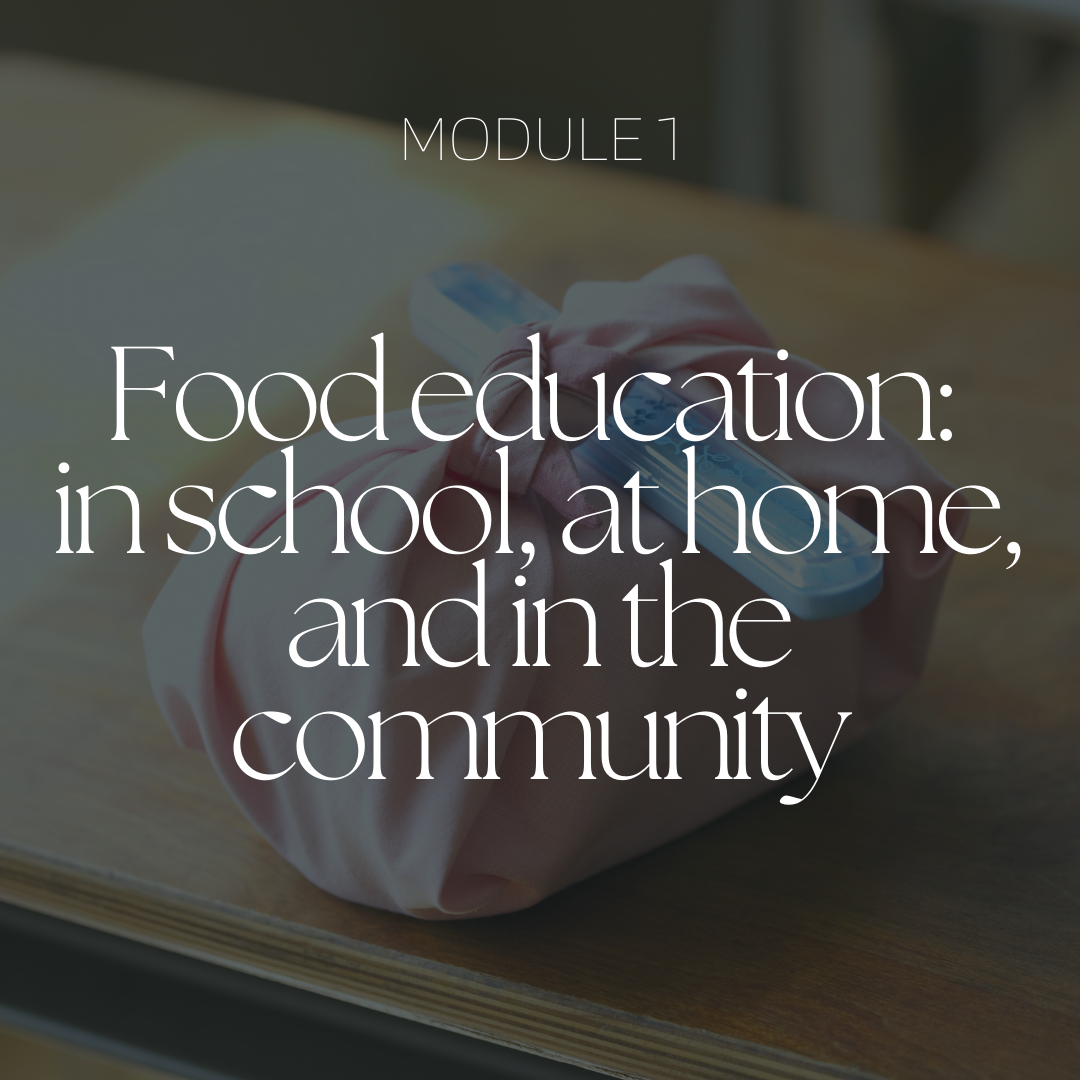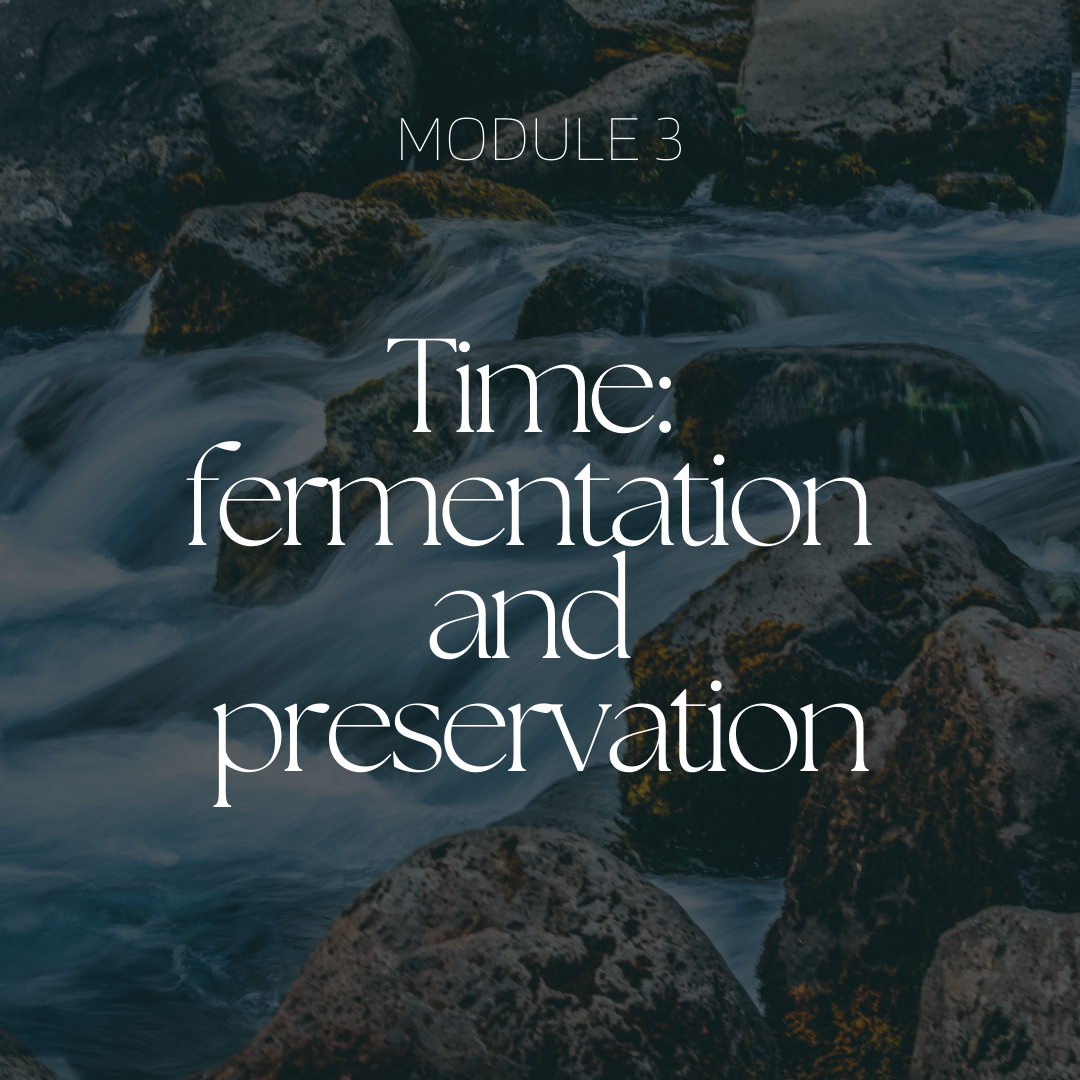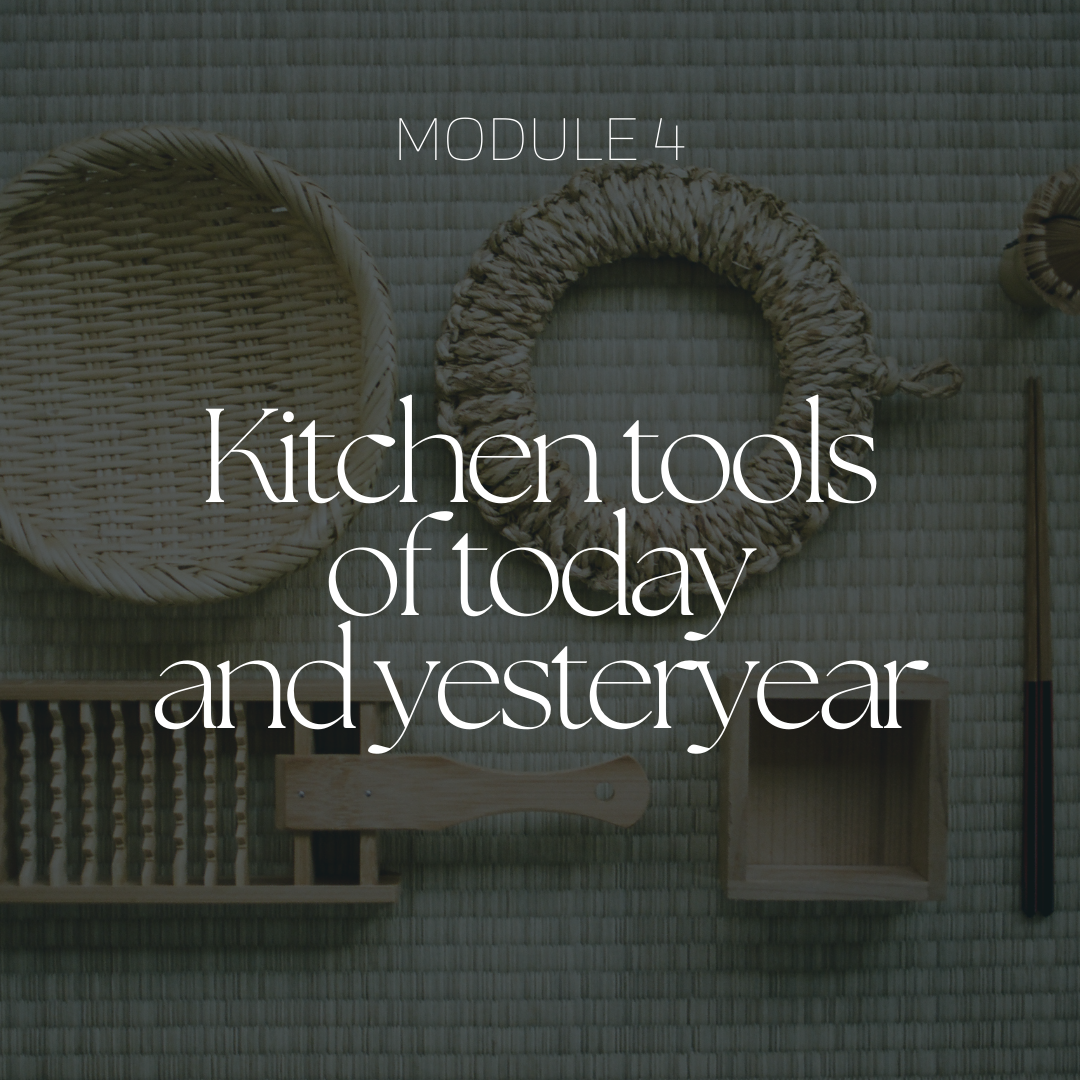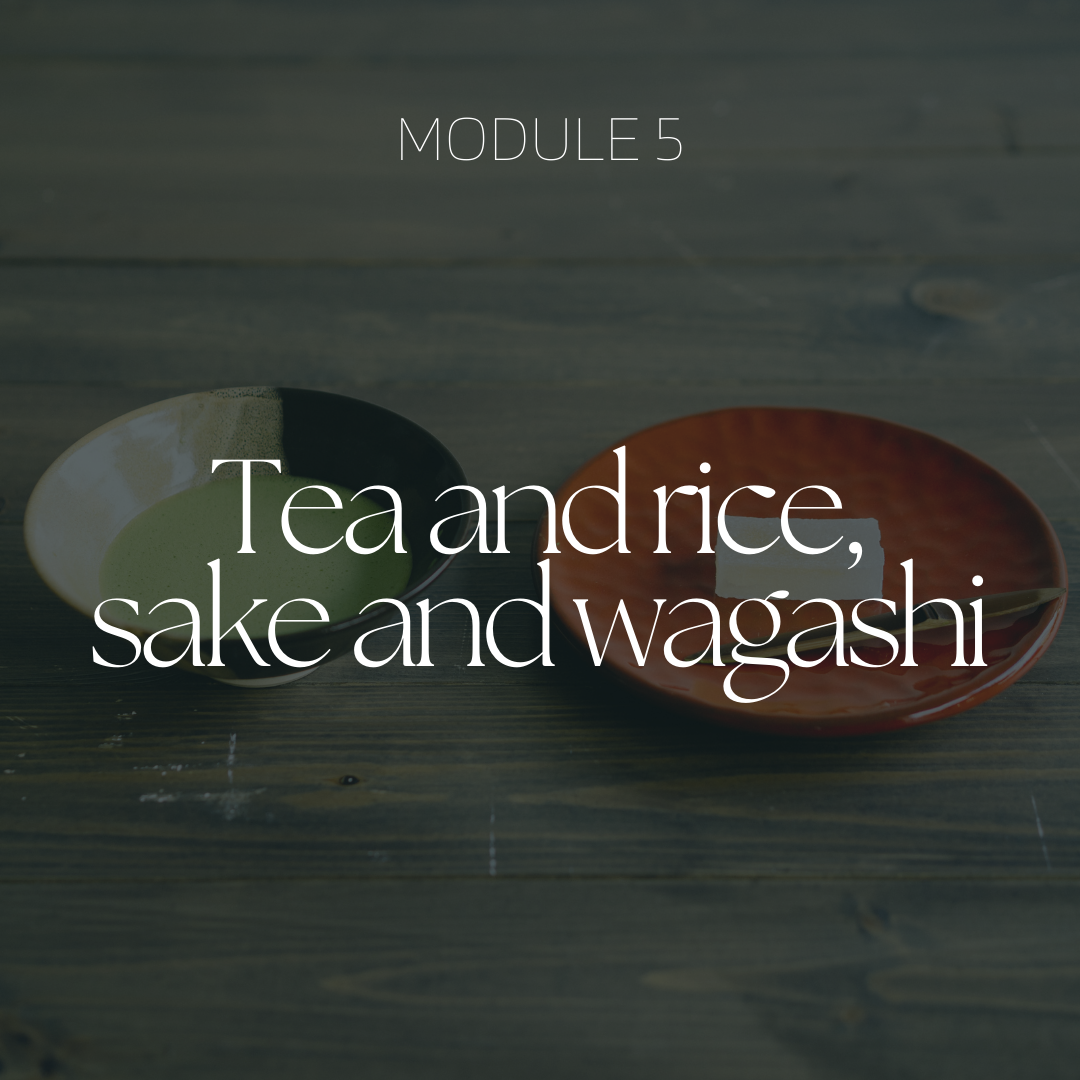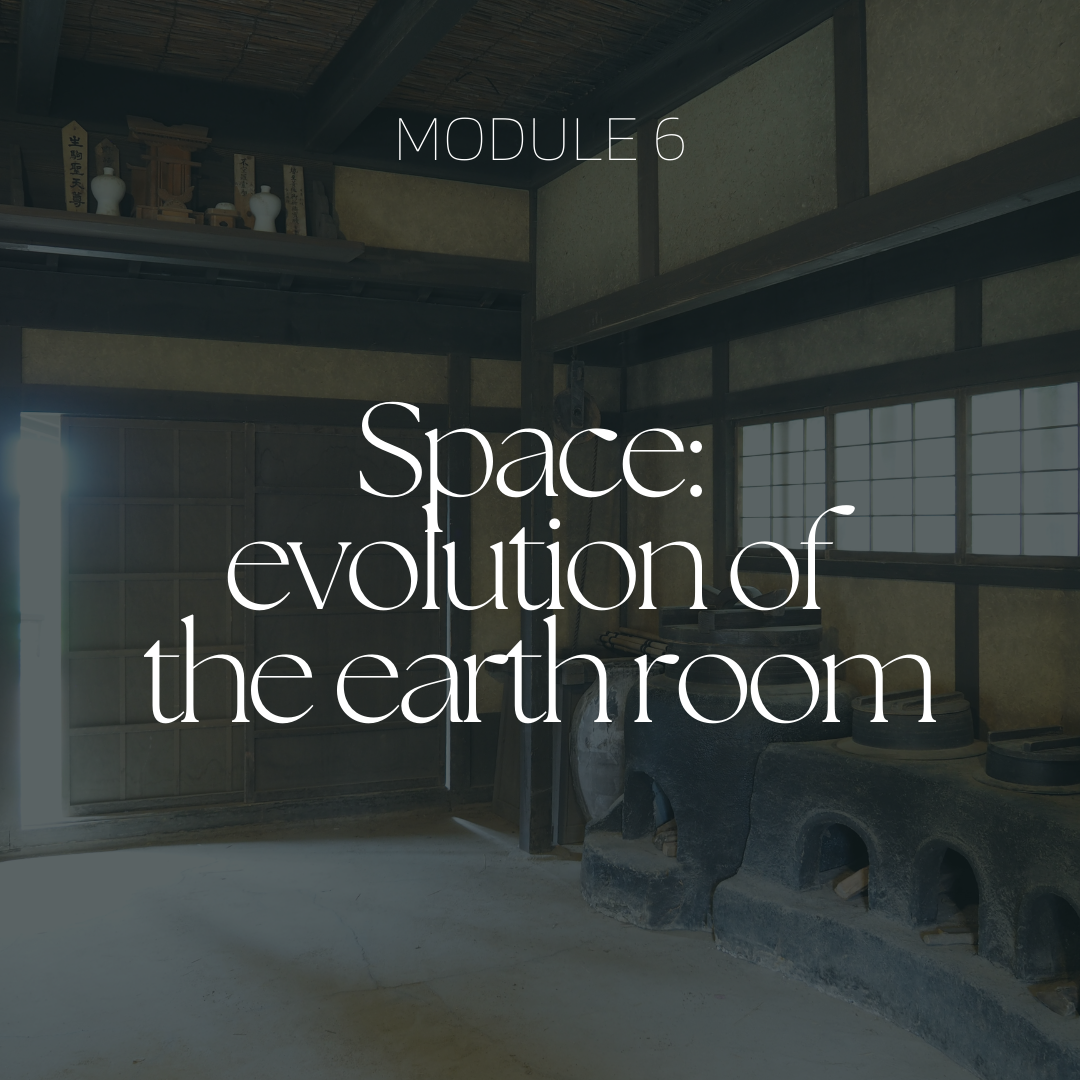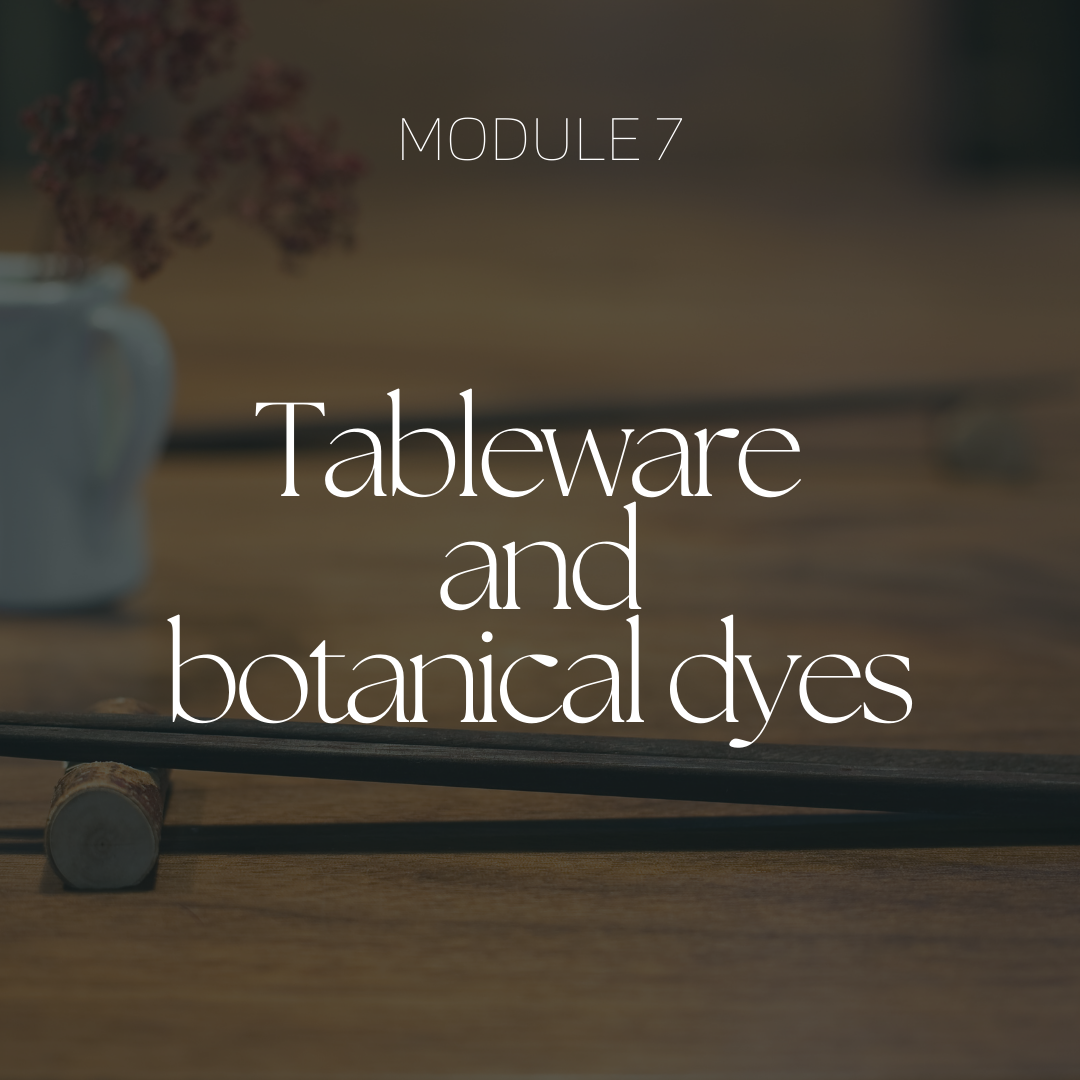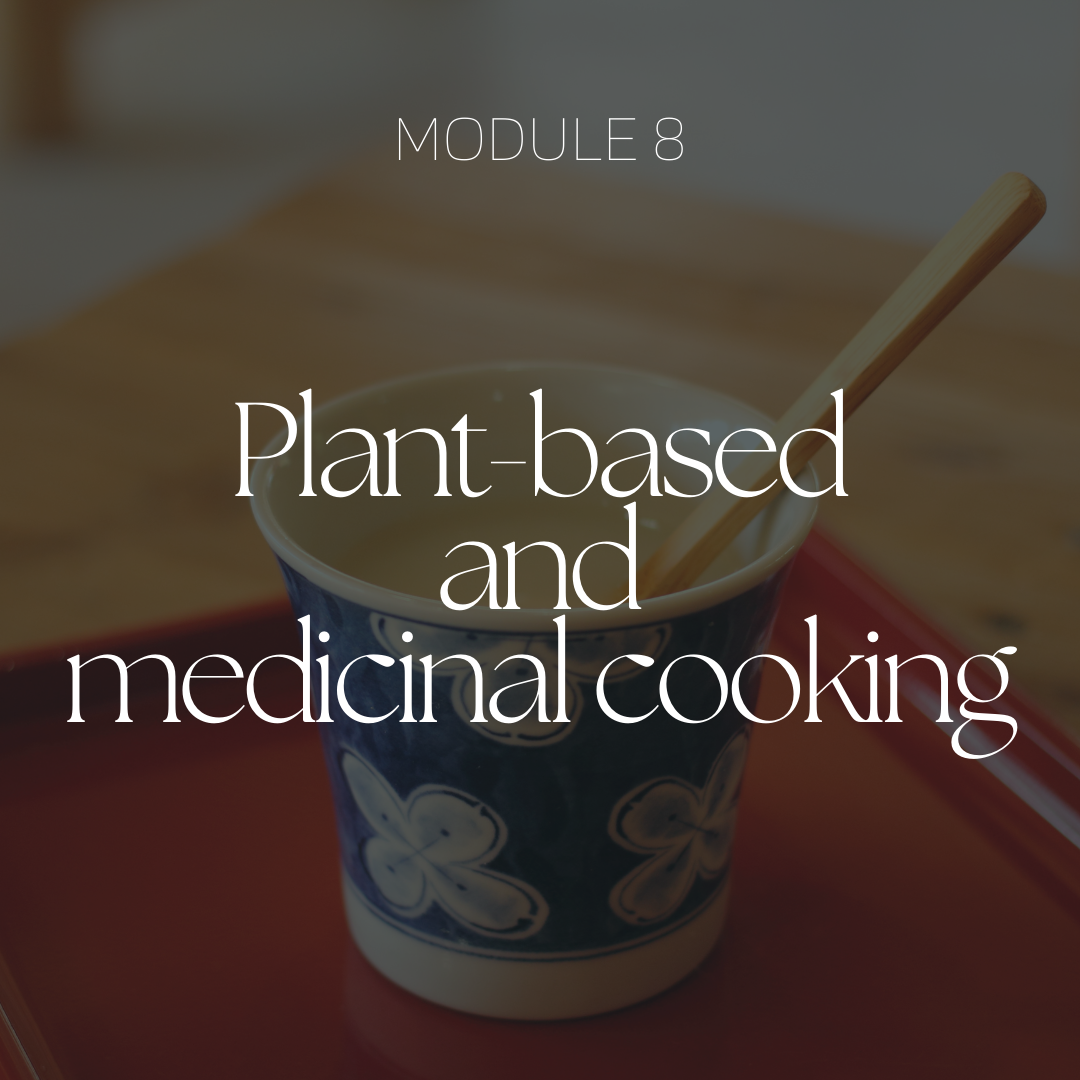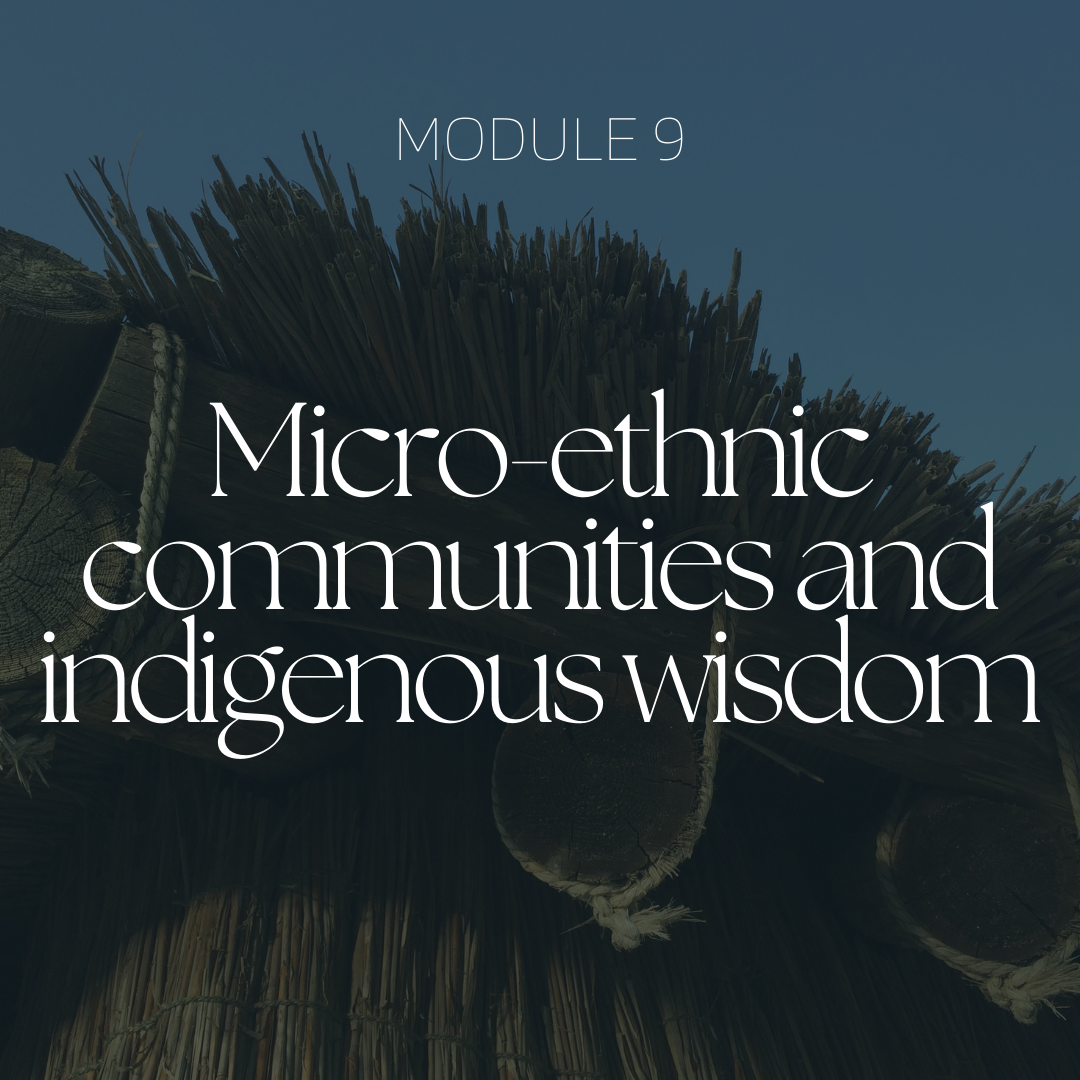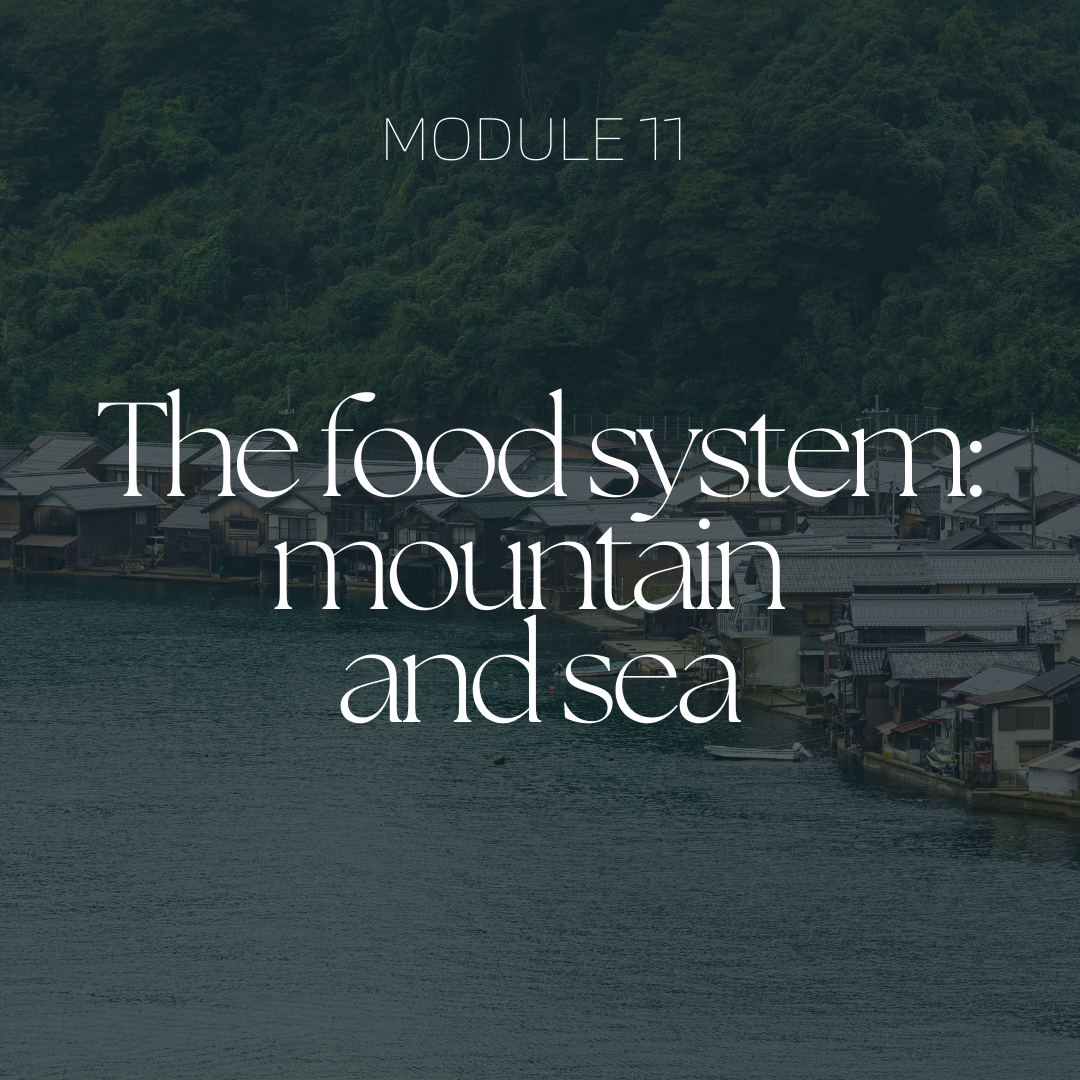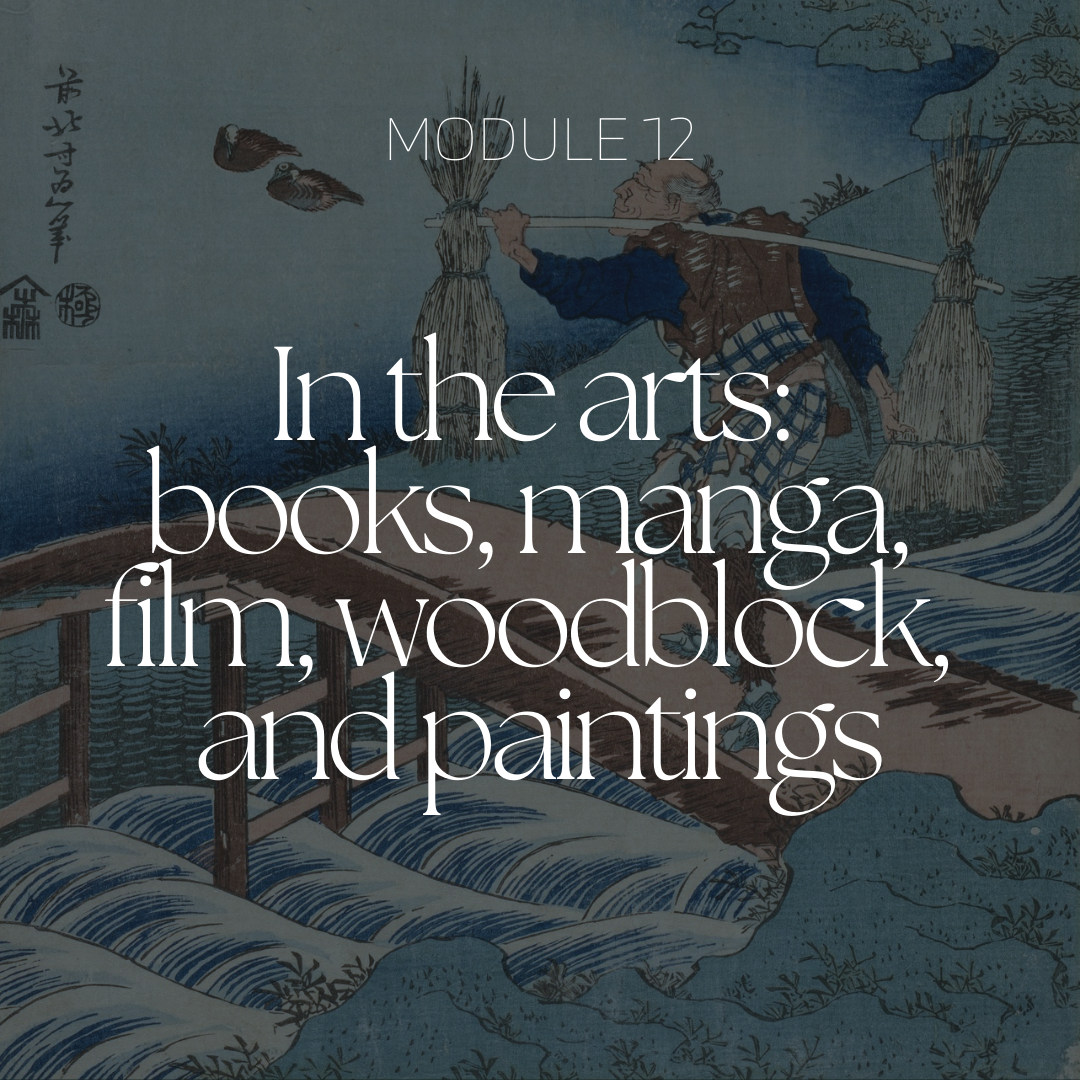online course
Like a study abroad trip into the Japanese countryside that you’ve always wanted to do.
What is Japan Food Study?
Japan Food Study are 12 video lectures to explore Japanese food culture, beyond cooking and eating. Uncovering the philosophies and practices that make up the Japanese art of regenerative living to enhance your own everyday life.
Many of us eat, and some of us cook, Japanese food, but the cooking and eating experience is on the receiving end of a massive web of history, semantics, the arts, and our relationship with one another and with the natural ecosystem that is around us and within us.
JFS believes that in better understanding the stories that create the breadth and depth of Japanese food culture, we are able to enjoy a more magical, more profound, cooking and eating experience.
Who hosts JFS?
Hi, I’m Momoko Nakamura. I will serve as your storyteller.
What is the JFS curriculum?
> 12 modules shared as self-paced video modules
> 30 minute one-on-one Office Hours* to dive deeper into any of the modules or speak about adjacent topics of your interest
> Microseasonal prompts workbook serves as the unifying thread across all 12 modules
*Office Hours can be scheduled with me directly, at your own time, after enrolling in JFS.
What are the modules?
Modules are intended to evoke deeper thinking about ourselves and our unique ecosystems, and explore the building blocks that architect the rich Japanese cooking and eating experience that we all know and love.
How much is tuition?
A one-time payment of 200 USD:
☑ 12 self-paced video lectures
☑ A 30 minute one-on-one Office Hours session with me
☑ Microseasonal workbook
Why join JFS?
NOURISHING YOUR LIFE: The number one reason to join JFS is to arm yourself with new parameters, new vocabulary, new perspective to enhance your own everyday life.
RELIABLE INFORMATION: I am here to share stories that I’ve directly learnt from my elders across the Japanese countryside. From them, to you.
RICH STORIES: Sharing rich, authentic stories that don’t just scratch the surface, but offer context, relevant anecdotes, and practical prompts.
